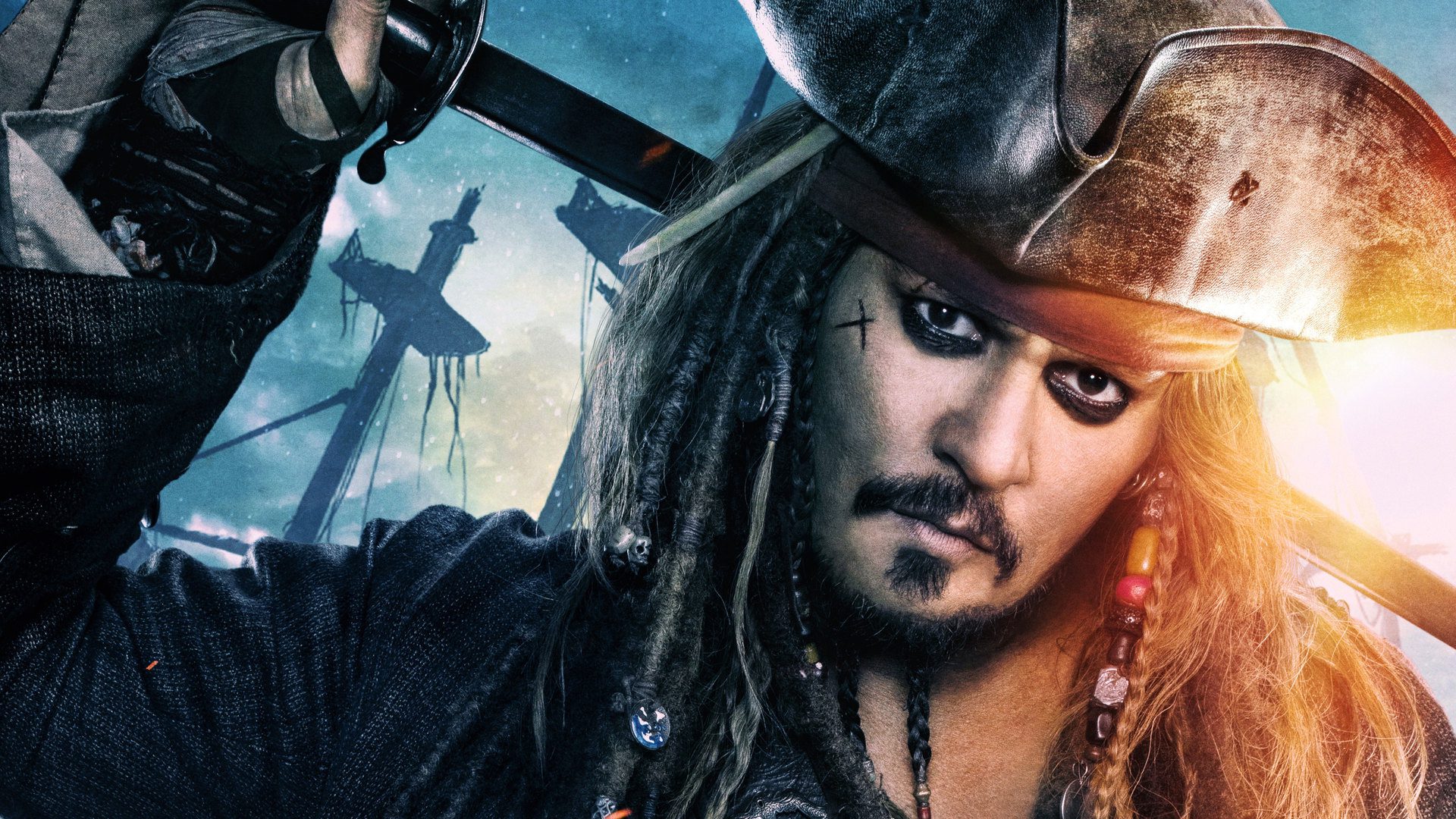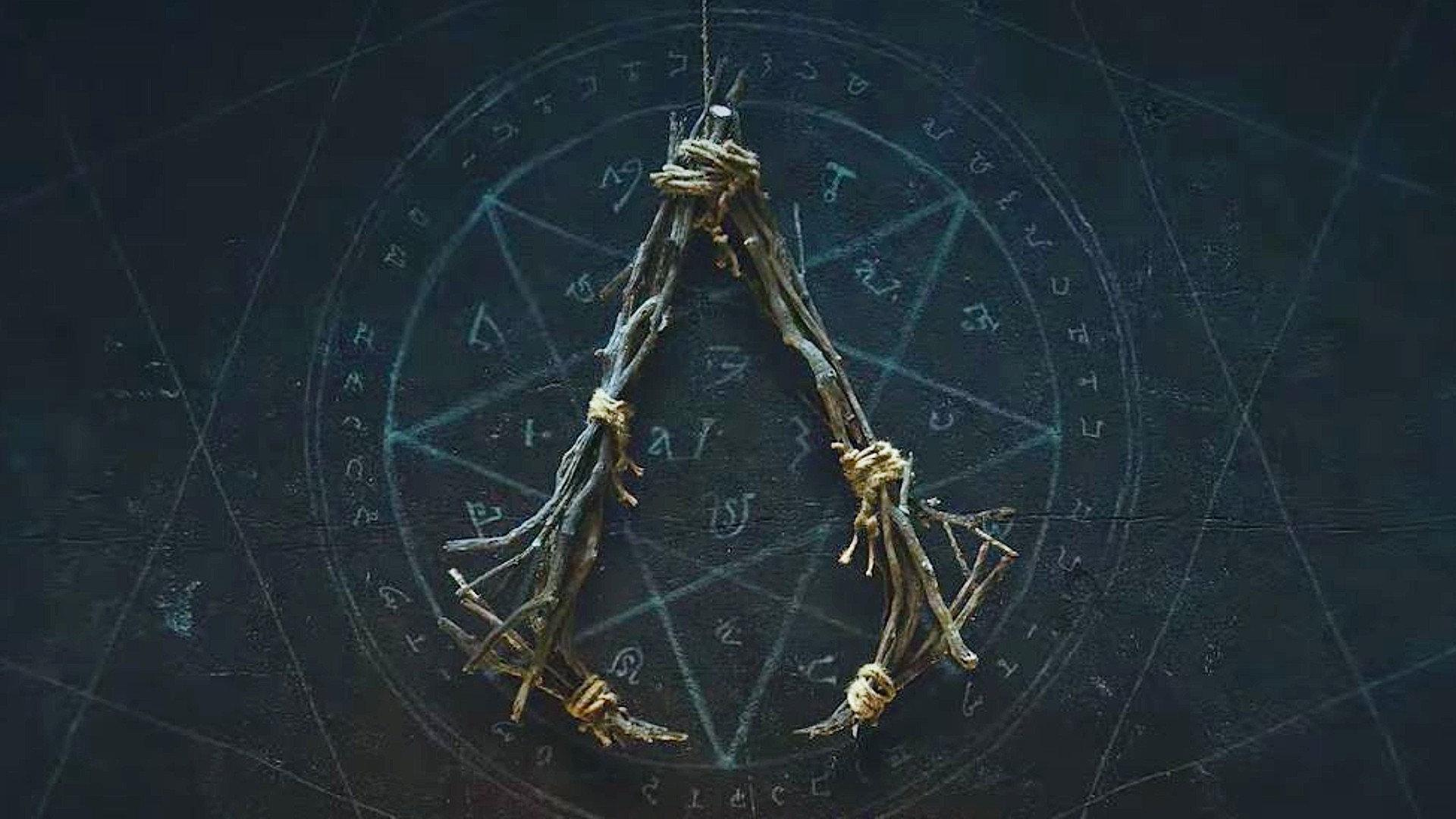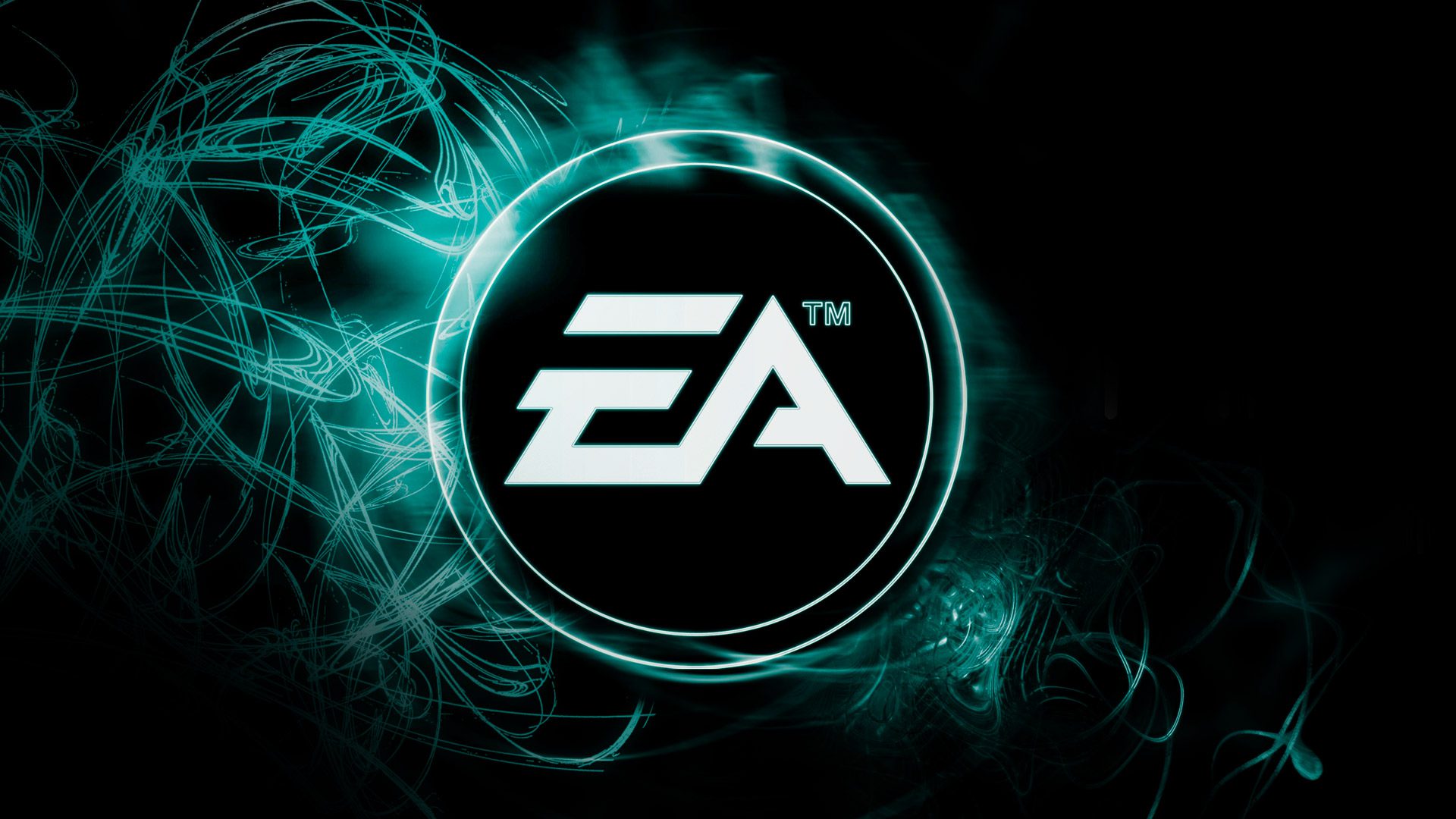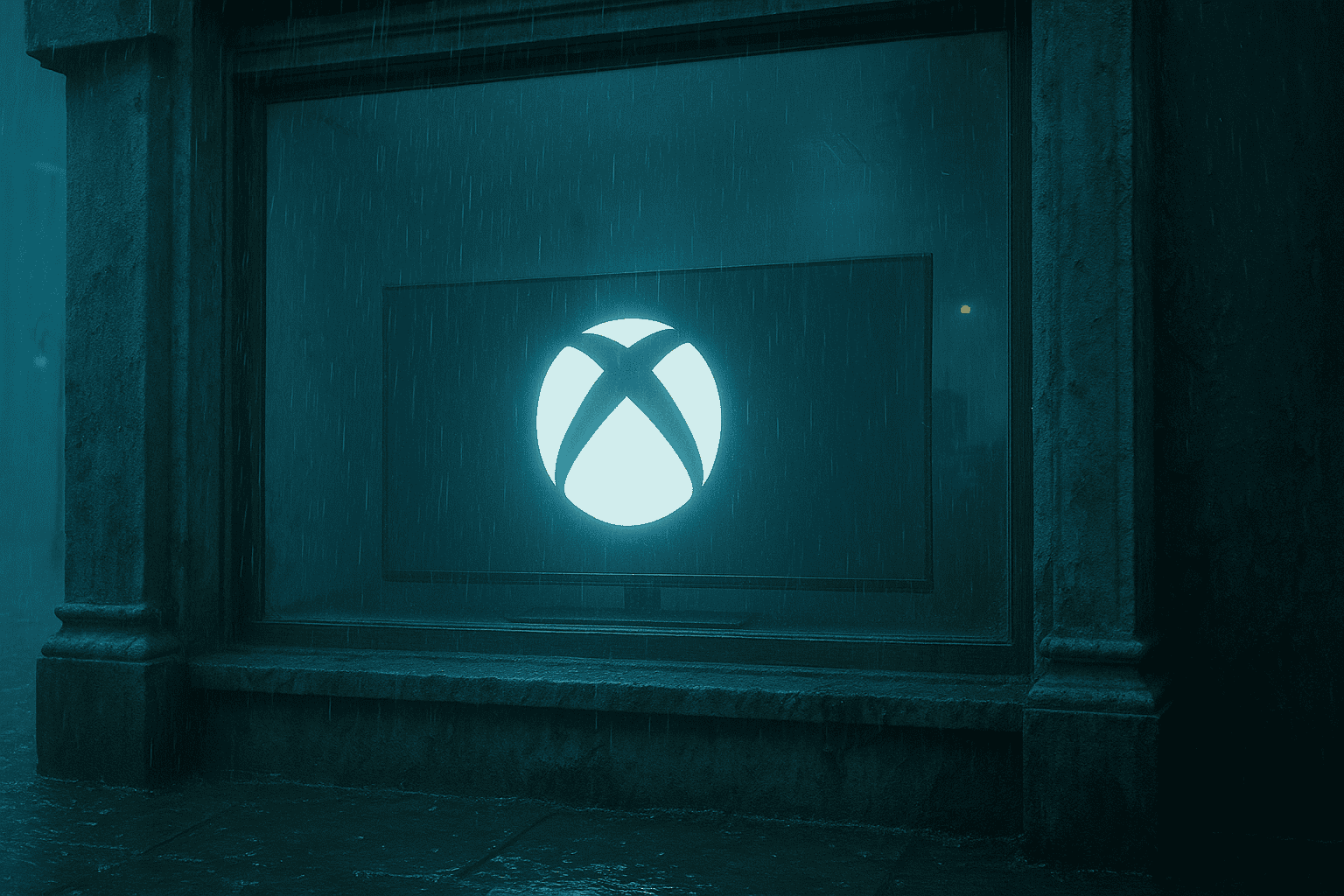The creator of Minecraft supports Stop Killing Games and questions the current digital model.
More stories in the category News
- Assassin’s Creed Hexe could arrive in 2027 and bring back Ezio
- EA and Crytek confirm the shutdown of Warface and Plants vs. Zombies Garden Warfare servers
- Xbox creates ‘Xbox Checkpoint
| Don't miss anything and follow us on Google News! |
The disappearance of online games once their servers are shut down continues to generate controversy. The Stop Killing Games campaign has gained momentum this year, with thousands of players demanding that companies allow the preservation of titles that depend on a permanent connection. And now, one of the industry’s most recognizable names has joined the debate with a forceful statement.
Markus “Notch” Persson, the original creator of Minecraft, has publicly supported the initiative with a message that has gone viral again: “If buying a game doesn’t mean owning it, then pirating it doesn’t mean stealing it”. This isn’t the first time he’s said it: he already defended that stance at GDC 2011, and at the time even allowed a fan to pirate his game if they couldn’t afford it.
The debate about digital ownership returns to the spotlight with Notch and Stop Killing Games
Notch has insisted that developers and publishers should offer tools or permissions for players to manage private servers once the official ones are shut down. His proposal aims to ensure that online games don’t die completely, especially those that require mandatory connection, even in single-player modes.
The case of Anthem, by BioWare, has once again set off alarm bells: it will **disappear completely on January 12, 2026**, when its servers are turned off. But there are other worrying examples, such as the situation with The Crew, where **Ubisoft could force users to destroy even their physical copies**, according to the new terms of use.
Meanwhile, part of the industry has been reluctant to this pressure. They argue that allowing the artificial continuation of certain titles could pose a **legal and economic problem** for studios, and complicate the protection of intellectual property. Even so, for many players, this fight is not about licenses, but about **preserving the history of video games** and preventing entire titles from disappearing forever.






